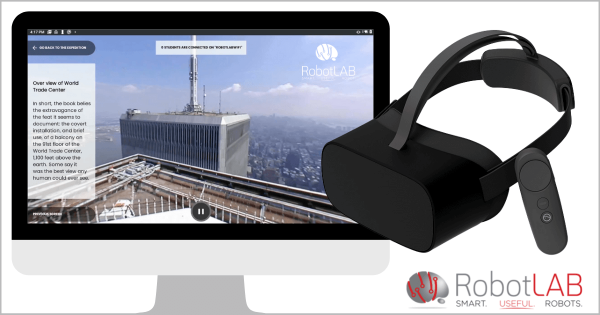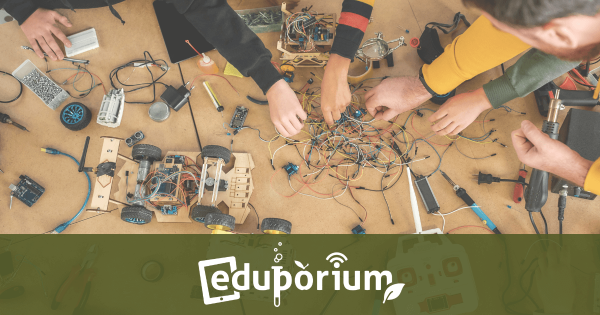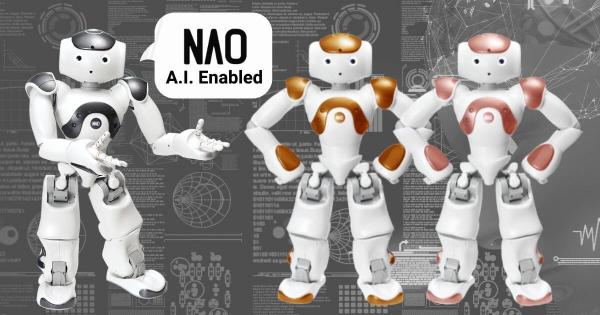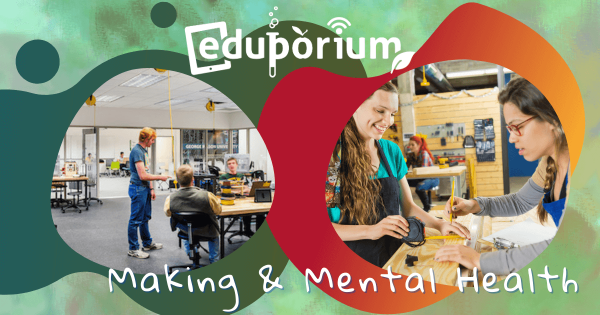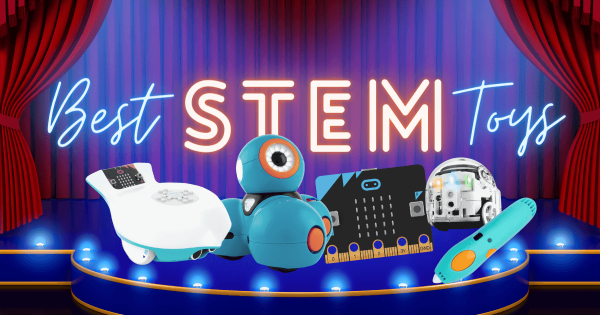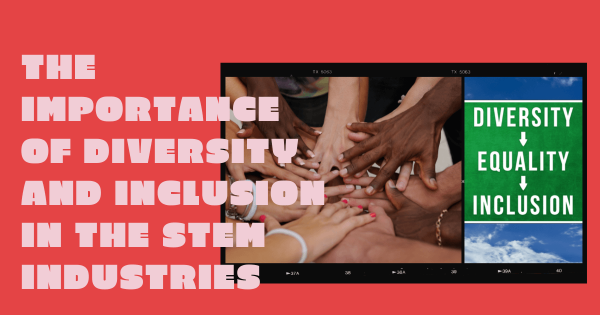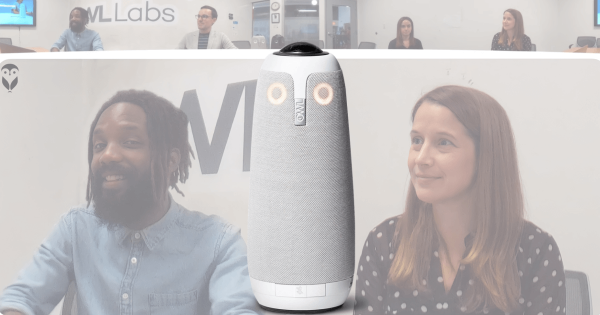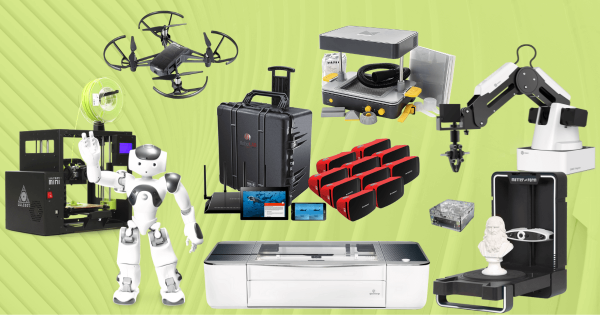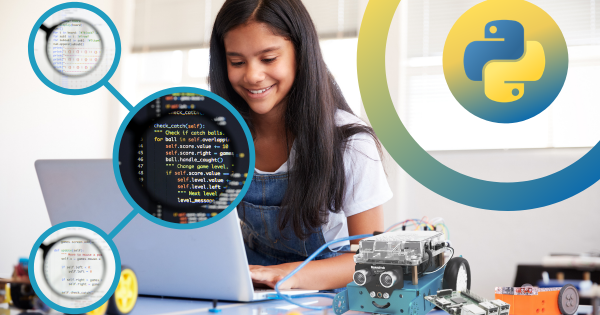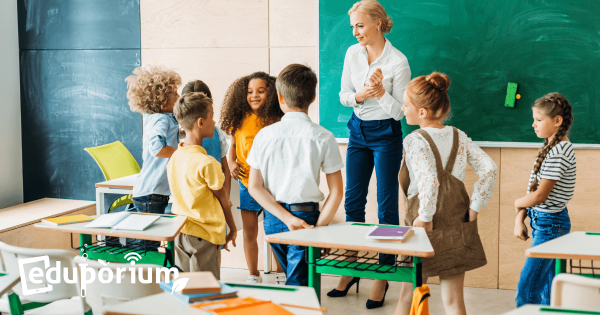With the Google Expeditions VR app discontinuing back in 2021, students and teachers were searching for any suitable replacements. With it already serving as one of the best options in terms of hardware, the RobotLAB VR Expeditions 2.0 kits also provide amazing educational experiences in K–12 classrooms with software that’s immersive, vivid, and easy to use.
News & Updates
In the News & Updates section of our blog, you'll find updates on many of the latest STEM developments. These include happenings from the STEM and MakerEd worlds as well as important Eduporium announcements. This is where we'll share updates on product additions, announce the recipients of our monthly educational technology grant, pass on company news, highlight upcoming events, and discuss a whole lot more when it comes to cool topics in STEM education. Beyond our STEAM coverage, we also touch on various elements of 21st century learning. These include remote instruction, special education, social-emotional learning, and equity and diversity. If it's happening in the world of education, we're interested. And, we'll offer our analysis on what's affecting students, teachers, and administrators, attaching our genuine thoughts to keep you updated.
This is an area for us to keep a repository of recent happenings. Whether it's the release of a new type of technology, any additions to an EdTech product line, the arrival of new brands to our store, or some thoughts on the current state of education, there's a good chance you'll find it here. As time has gone on, we've participated in more STEAM and makerspace events. So, we've started to keep curated collections of those experiences. You can find them all throughout the News & Updates category. As Eduporium continues to expand and we get to participate in more STEM education projects with educators in some of the country's biggest school districts, we'll share those stories, too. We hope our collective accomplishments and partnerships with members of the K–12 community inspire others to innovate in new ways!
-
Integrating An Entrepreneurial Mindset In STEAM Education
Summarized as “a growth-oriented perspective through which individuals promote flexibility, creativity, innovation, and renewal,” the entrepreneurial mindset means believing in the possibility of improvement. While research continues to show benefits associated with this kind of learning, more and more educators are implementing it. But, what exactly does this mean? -
NAO Robot Programming And The NAO AI Edition
Unlike with the previous NAO V6, the AI Edition is more suited for students in higher education or any who have enrolled in CTE pathways programs in high school. It is designed to help these students explore a variety of more advanced technology concepts in addition to the crucial SEL connections educators could establish using the previous NAO Robot versions. -
Makerspaces And Mental Health For Students
More than ever before, we’re understanding how makerspace experiences help provide students with emotional benefits in addition to vital academic ones. If today’s students are having any variety of academic, emotional, or any other personal problems, for example, putting them aside and making something is a great way to help them shift their focus and reduce stress. -
Best STEM Toys For Building Key Skills
While STEM learning wasn’t always top priority in the pandemic-disrupted years, some educators continued doing their best to provide students with these opportunities in different learning environments. And, in that time, we have seen how many top classroom EdTech tools also double as beneficial STEM toys for individual exploration. So, here are a few of our favorites. -
Promoting STEM Diversity And Why It's Important
Whether it’s within today’s business world, the tech world, the educational world, or in the STEAM world, celebrating diversity and inclusion should be the norm. If we have collectively learned anything within the last handful of years, however, it’s that this isn’t universal. In our contemporary STEM and tech jobs, particularly, we still lack true racial, gender, and ethnic diversity. -
Using The Owl Labs Meeting Owl 3 And Meeting HQ
The Owl Labs team originally developed their 360-degree cameras and the software for use outside education—typically for corporate settings. As the pandemic and remote and hybrid learning set in, however, this tech quickly helped to redefine how kids accessed instruction. Jump to today and their virtual meeting tools continue to positively impact student engagement. -
9 STEM Tools For CTE Classes In High School
Almost every student today has their own unique passions, different levels of excitement for some academic subjects, and evolving preferences when it comes to studying from just books, learning from hands-on experiences, attending college, or entering the workforce. Thankfully, with all these new options, education leaders have actively updated school CTE offerings. -
Teaching Python Coding Starting In Elementary School
Python is an open language that’s perfect for both first-time programmers and students who have experience, empowering them to broaden their CS knowledge and abilities. It’s completely text-based and often described as a general-purpose language that’s used primarily in web development, app generation, scientific computing, and in creating graphical interfaces. -
STEAM Activities For Students With Different Learning Styles
Today’s four most common learning styles include visual learning, auditory learning, kinesthetic learning, and, finally, reading and writing. Almost all of our students fall into one of these categories and, as you may guess, since it combines hands-on exploring with solving problems, kinesthetic learning is the one that’s most often associated with hands-on STEM education.




